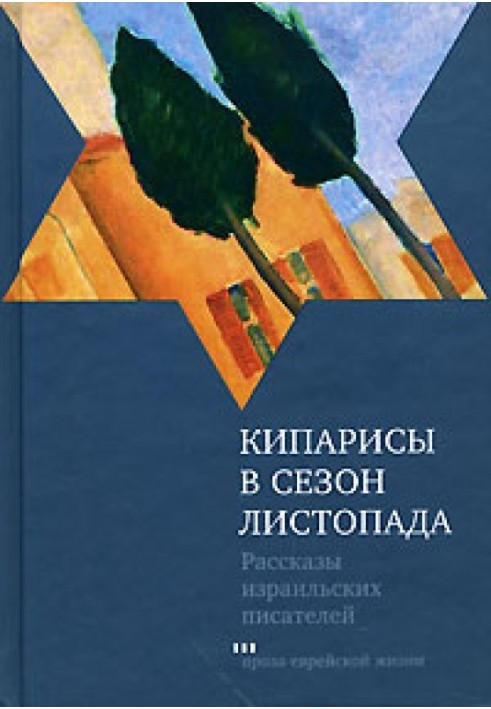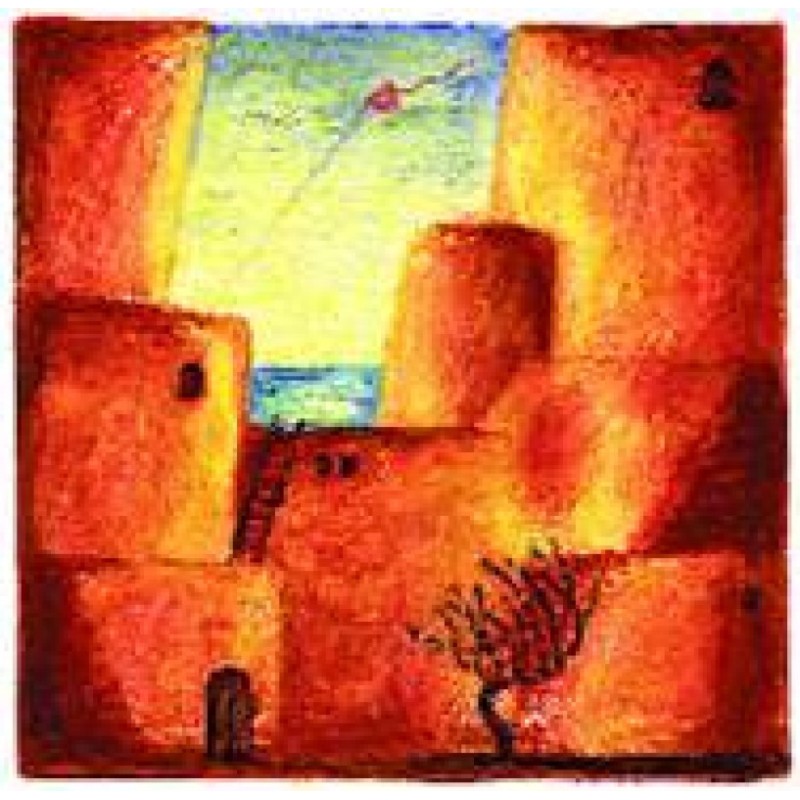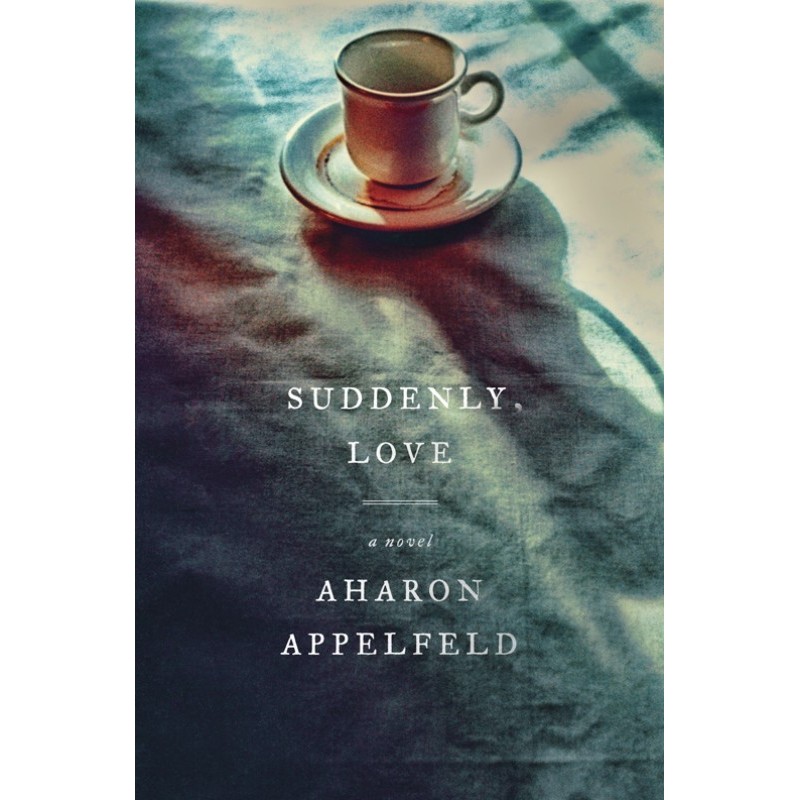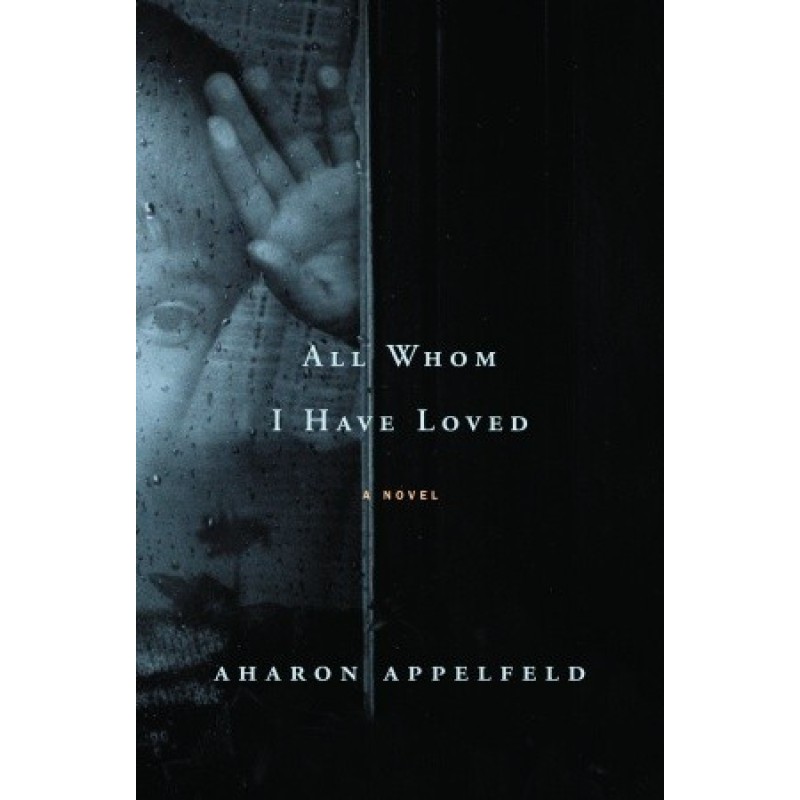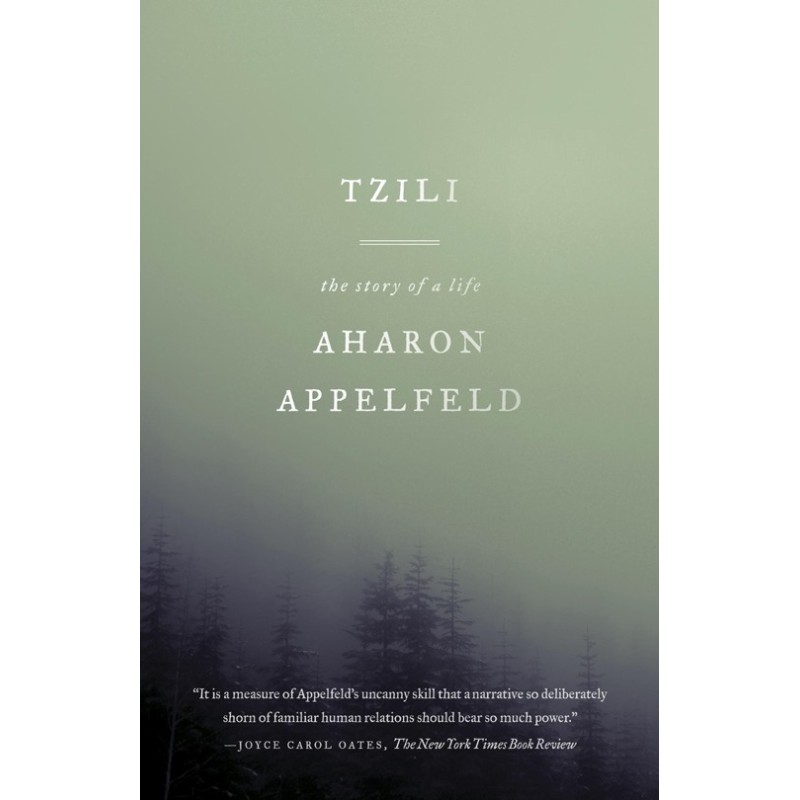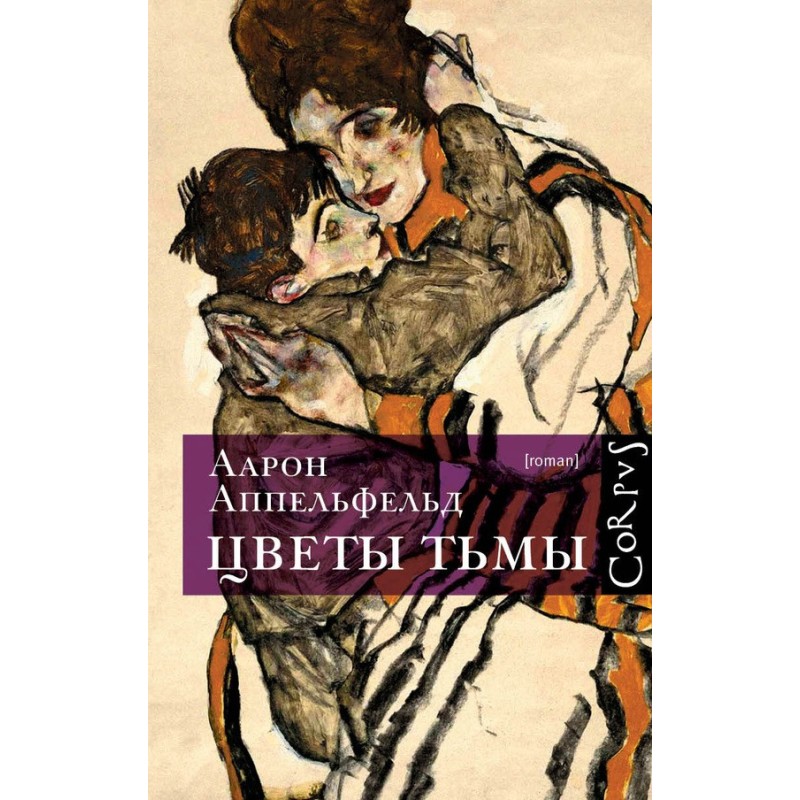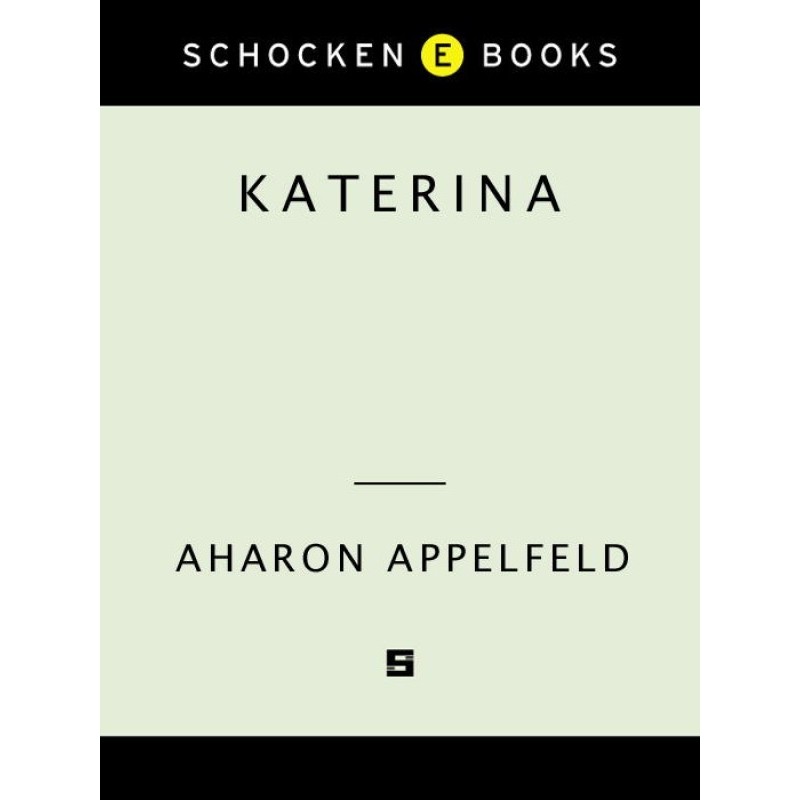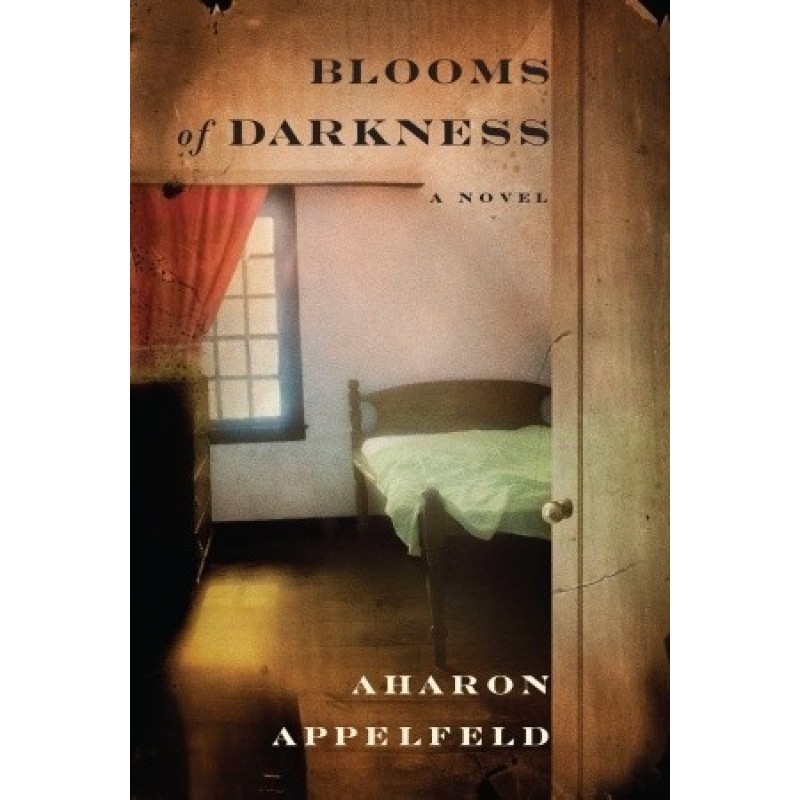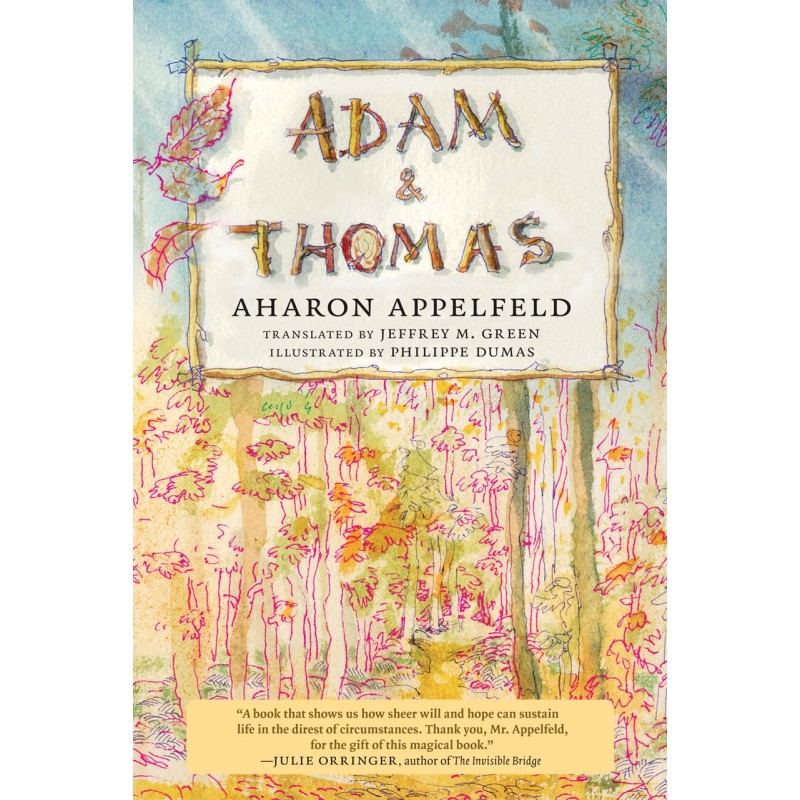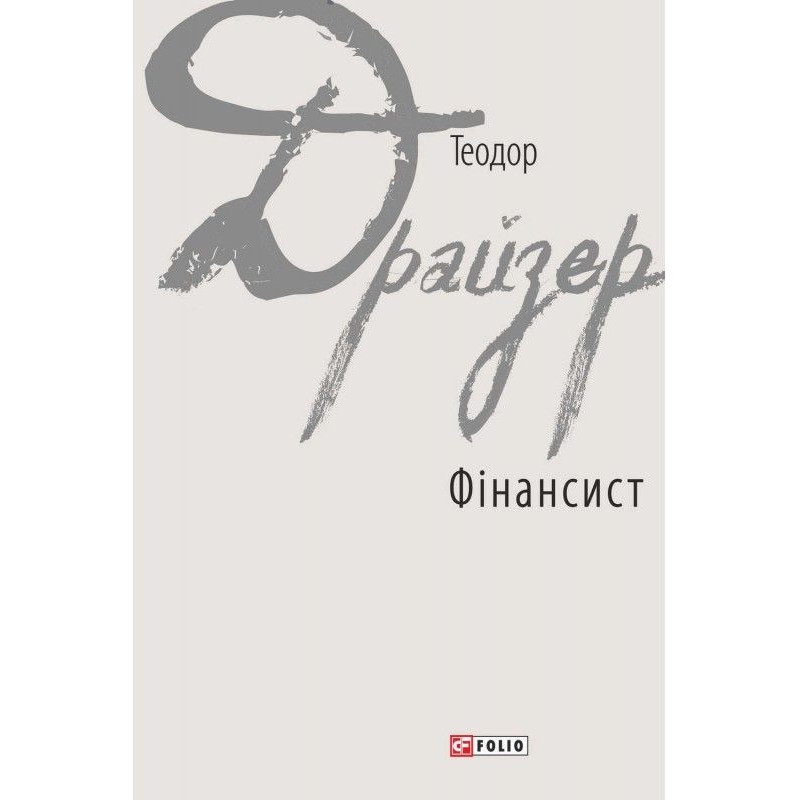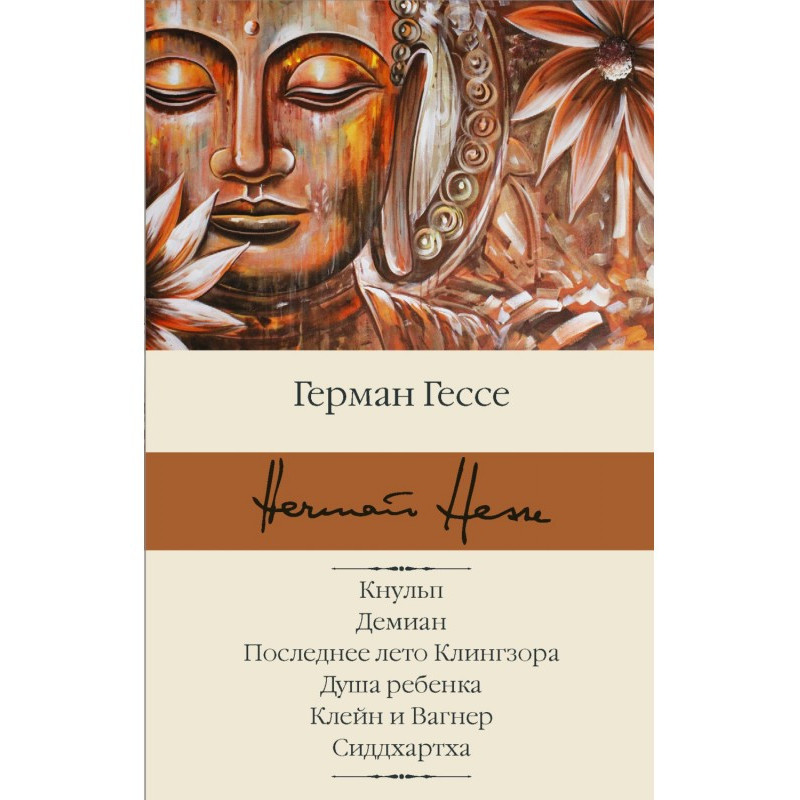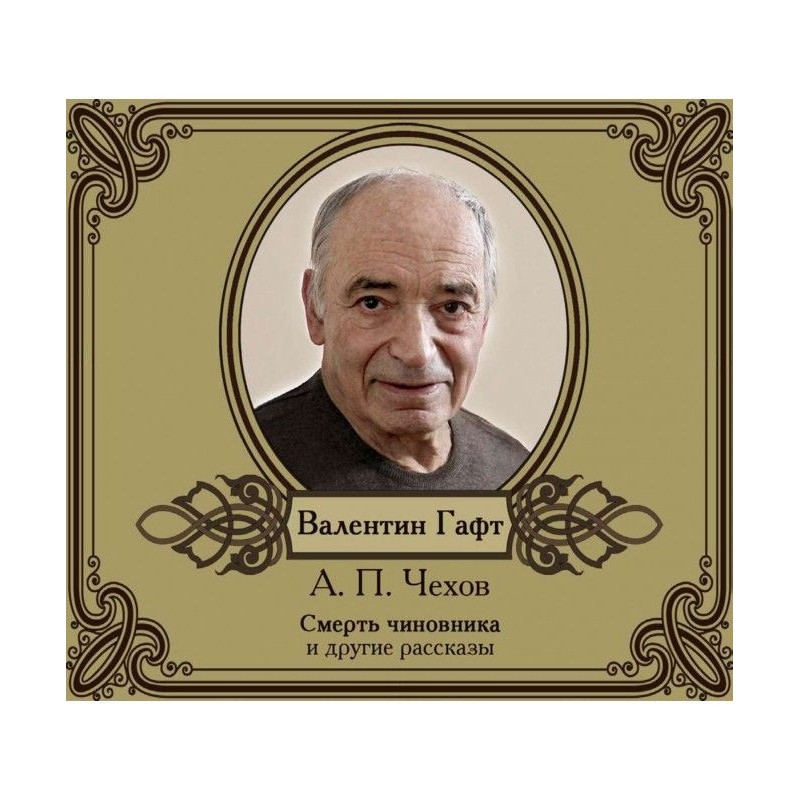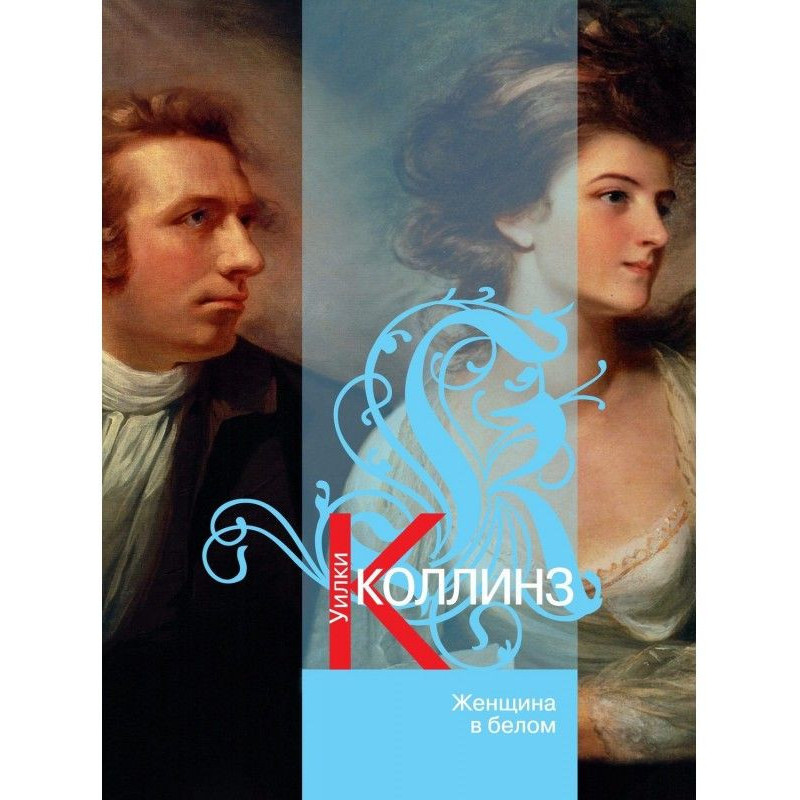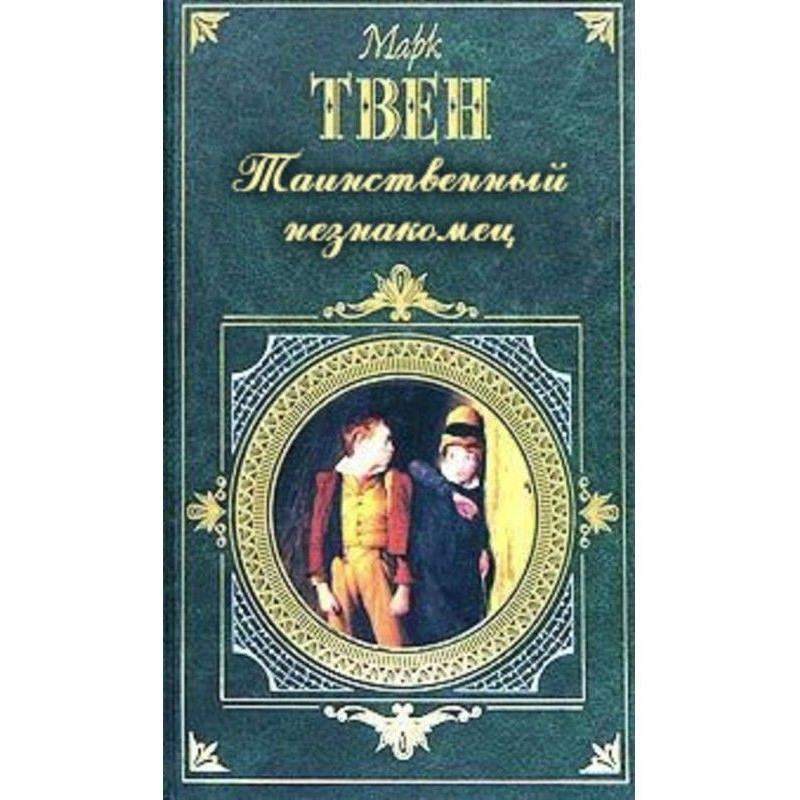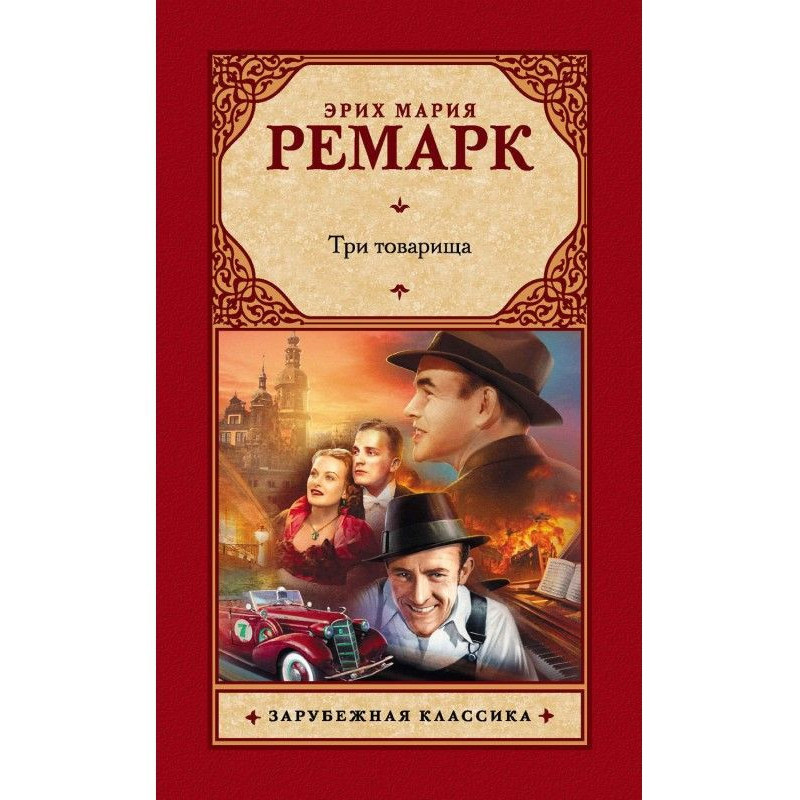Cypress trees in leaf fall season
 Instant download
Instant download
after payment (24/7)
 Wide range of formats
Wide range of formats
(for all gadgets)
 Full book
Full book
(including for Apple and Android)
This collection of Israeli short stories includes eight stories - one for each author - written in Hebrew throughout the twentieth century and allowing to some extent (of course, far from complete) to trace the development of modern Israeli literature. The names of some of the authors presented here are already known to the Russian reader; he will meet others for the first time.
If one of your friends decides to get acquainted with Israeli literature, you can safely recommend him a new book from the Text publishing house in the series “Prose of Jewish Life” entitled “Cypress Trees in the Falling Season” (2006). However, for those who are already familiar with Hebrew literature in Russian translations, this book, I am sure, will not be superfluous. It is small in size and therefore fits comfortably into bag. You will rarely find a book where such a small volume of text contains so much sad meaning. Sad stories. But what can you do if the life of Jews in the last century was not very fun! “Cypress Trees in the Falling Season” is a collection of stories by Israeli writers, mostly of the older generation, some of whom began their creative career even before the creation of the State of Israel. Interestingly, they all come from the former Russian Empire (or, if you prefer, the USSR) and Poland. The compiler and translator is the wonderful Israeli writer Svetlana Schönbrunn, known to attentive Russian readers for her novel “Roses and Chrysanthemums” (Text Publishing House, 2000) and then nominated for the Booker Prize. Schönbrunn managed to collect not just wonderful short stories, but also revealing ones, marking various styles and trends of the bygone 20th century. “In the last century,” writes the famous Russian Hebraist Alexander Kryukov, “new Hebrew literature has mastered and, in one form or another, absorbed almost the entire range of literary and artistic genres, styles and techniques of classical Russian and other best literatures of the world. Over the centuries it has remained open to all ideas from other cultures.” The names presented in the collection belong to the first tier of Israeli Hebrew literature. But in Russia, not all of them are as well known as, for example, Nobel laureate Shmuel Yosef Agnon, whose story “Fernheim” opens the book. Unfortunately, Dvora Baron, “perhaps the first woman who began to write in Hebrew,” was published little in our country. Being the daughter of a rabbi, she knew very well about the tragic fate of women, rejected by their husbands and, in accordance with halakhic instructions, mercilessly torn not only from their husband’s heart, but also from their husband’s home. The story “Divorce” is dedicated to this difficult topic, which should be classified as a rare genre of documentary-psychological prose. Almost all the short stories in the collection are filled with genuine tragedy - not situational troubles, but the deep metaphysical tragedy of existence. This is not surprising when we talk about the terrible consequences of the Holocaust, which stretched over the entire past century, as in Aaron Apelfeld’s story “On the Side of Our City.” But universal sadness seems to be almost materially, visibly and crudely present in the stories of Itzhak Oren “Fukushu” and Gershon Shofman “Under Siege and in Captivity,” telling about events between the two world wars - the first in China, the second in Vienna. And it is no coincidence that the title of the book repeats the title of Shamai Golan’s story “Cypress Trees in the Falling Season,” dedicated to the old kibbutznik Bahrav, one of the “halutzim”, the pioneers of the development of Eretz Israel, who has now fallen out of life, finding himself superfluous both in the family and in his native kibbutz, and therefore, in the country to which he gave himself completely. With a bright national flavor, this history is universal, repeating itself with annoying consistency at all times and among all peoples. I am sure that many readers will rejoice at the unexpected meeting with Shamai Golan, whose novels and short stories were published in Moscow back in the 90s, when mass circulation of Hebrew writers translated into Russian seemed like a bold dream. A book of stories by Israeli writers collected with the greatest taste and tact: despite the variety of narrative styles of the authors, all the short stories are carefully selected in a gloomy range of tragic lyricism. The collection largely represents the result of Hebrew short stories as we find them in the early 90s of the 20th century before the active entry into literature of the new postmodern generation of young Israeli prose.
Data sheet
- Name of the Author
- Аарон Аппельфельд
Авигдор Шахан
Гершон Шофман
Двора Барон
Иехудит Хендель
Ицхак Орен
Шамай Голан
Шмуэль-Йосеф Агнон - Language
- Russian
- Translator
- Светлана Павловна Шенбрунн
Reviews
Глибока та емоційна збірка ізраїльських новел
"Кіпариси у сезон листопада" - це справжня перлина для тих, хто хоче зануритися в ізраїльську літературу та зрозуміти її багатогранність. Ця збірка вісімнадцяти оповідань, написаних видатними авторами, дозволяє читачеві відчути всю глибину трагізму та метафізичної складності буття євреїв у минулому столітті. Кожна новела сповнена емоцій, які неможливо залишити без уваги, адже вони відображають не тільки особисті історії, а й колективну пам'ять народу. Особливо вражає оповідання "Розлучення" Двори Барон, яке порушує складні питання жіночої долі та соціальних норм. Упорядник Світлана Шенбрунн вдало підібрала твори, які не лише представляють різні стилі та напрямки, але й підкреслюють глибокі культурні корені авторів. Ця книга стане чудовим подарунком для всіх, хто цінує літературу, що змушує замислитися про життя, втрати та надії. Рекомендую всім, хто хоче відкрити для себе нові горизонти у світі літератури!

